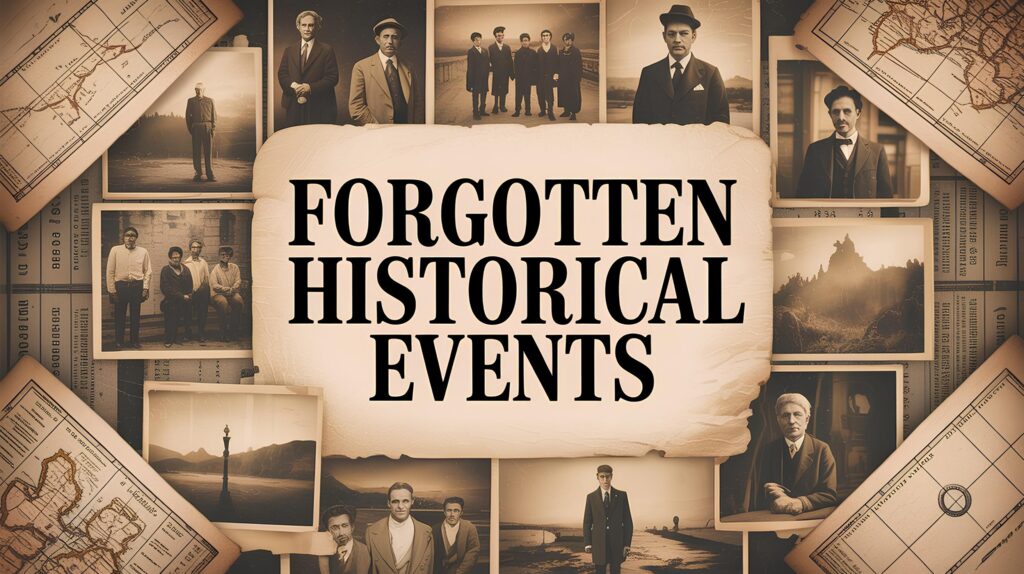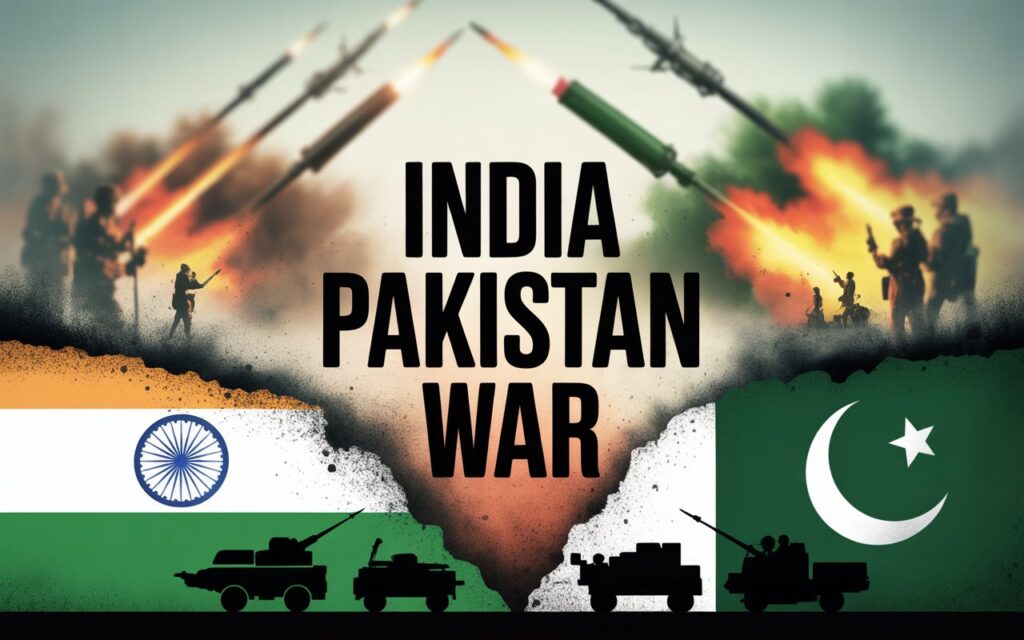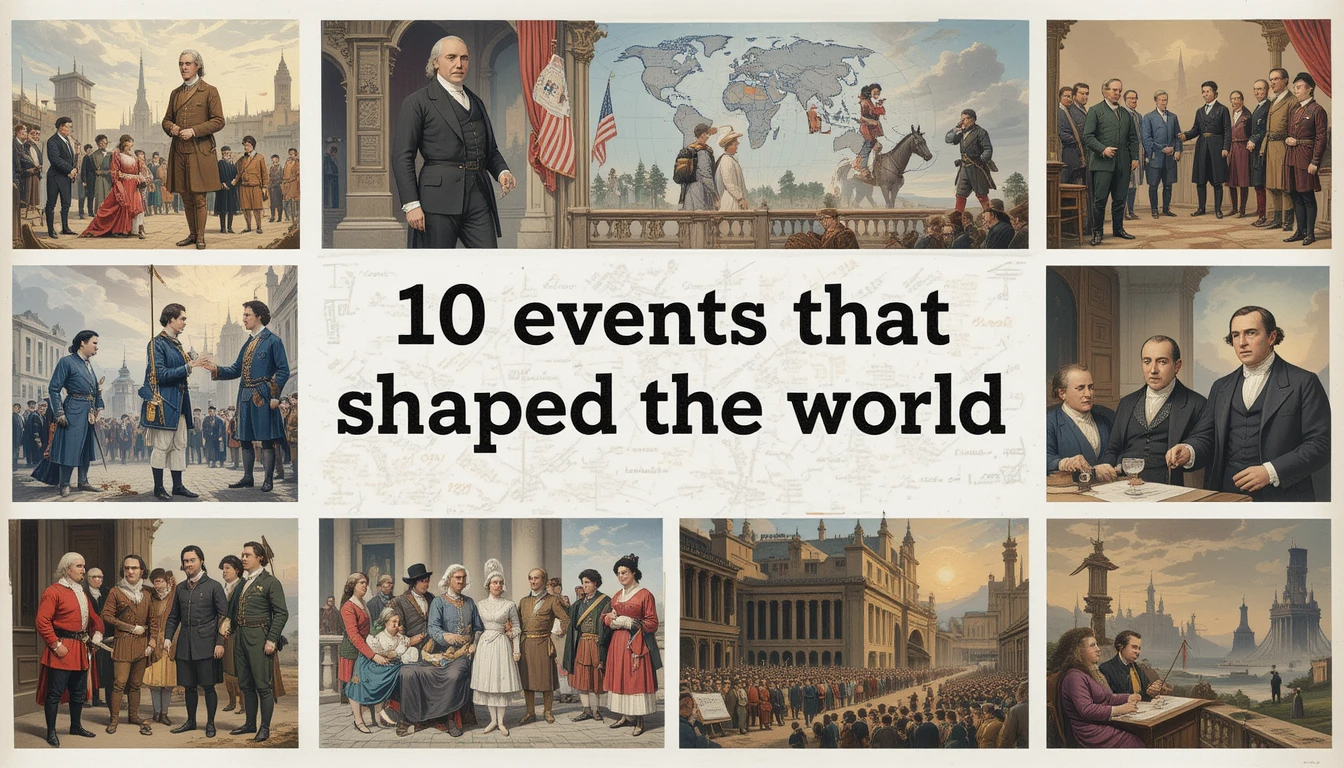
Throughout human history, pivotal moments have transformed societies, redrew maps, sparked revolutions, and redefined the human experience. These events not only shaped the world but also impacted their own eras but continue to influence the modern world in profound ways. From groundbreaking discoveries to monumental conflicts, each of these events represents a turning point in the global narrative. Below, we explore ten defining moments that have forever altered the world as we know it.
1. The Fall of the Western Roman Empire (476 AD)
The collapse of the Western Roman Empire is widely regarded as a major turning point in world history. Once the center of civilization in Europe, the Roman Empire had grown too large to govern effectively. Plagued by internal strife, economic troubles, and barbarian invasions, it eventually fell in 476 AD. The fall marked the end of classical antiquity and ushered in the Middle Ages, a time of fragmented kingdoms and localized rule. It also led to the rise of the Catholic Church as a dominant force in European society, influencing everything from politics to education. The legacy of Rome continued through the Byzantine Empire in the East and inspired the later development of European states.
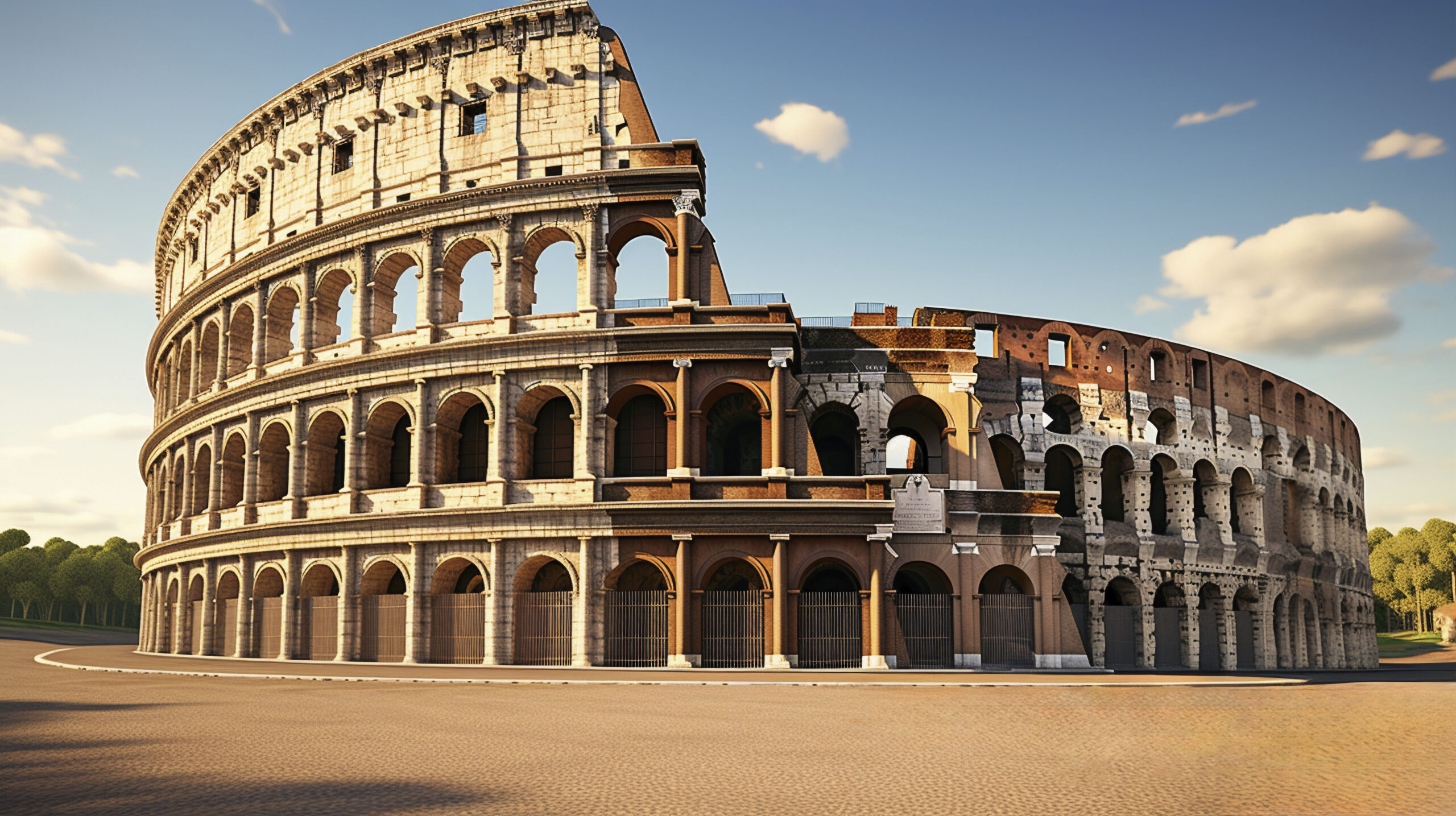
2. The Signing of the Magna Carta (1215)
When King John of England affixed his seal to the Magna Carta, he unwittingly laid the cornerstone for constitutional governance. The document limited royal authority, ensuring that the king was subject to the law and granting certain legal rights to his subjects. Though initially a feudal charter, its principles evolved into universal rights and liberties. Over the centuries, the Magna Carta influenced the development of parliamentary democracy, the English Bill of Rights, and even the U.S. Constitution. Its enduring legacy lies in the concept of the rule of law, which is now a cornerstone of democratic societies across the globe.
3. The Discovery of the Americas (1492)
Christopher Columbus’s 1492 voyage across the Atlantic led to the European discovery of the American continents, forever altering global history. While indigenous civilizations such as the Aztecs, Mayas, and Incas had rich and complex societies, their worlds changed dramatically following European contact. The ensuing Columbian Exchange brought about the widespread movement of people, plants, animals, and diseases between the Old and New Worlds. European colonization spurred economic growth in Europe and the establishment of global empires, but it also resulted in exploitation, forced labor, and genocide. Despite its controversial legacy, this event catalyzed the globalization of trade, culture, and communication.

4. The American Revolution (1775–1783)
The American Revolution was more than a war for independence; it was a declaration of a new political philosophy rooted in liberty, democracy, and self-governance. The birth of the United States challenged the idea of monarchy and inspired a wave of revolutionary movements throughout Europe and Latin America. Documents like the Declaration of Independence and the U.S. Constitution introduced concepts such as checks and balances, individual rights, and popular sovereignty. These ideas took root far beyond American shores, influencing democratic movements in France, Haiti, and eventually around the world. The Revolution also signaled the beginning of the end for colonial empires.
Also read: Exploring the Comprehensive History of America: Key Events and Milestones
5. The French Revolution (1789–1799)
The French Revolution dismantled the absolute monarchy, abolished feudal privileges, and introduced the radical idea that sovereignty belonged to the people. The cry of “liberté, égalité, fraternité” became a global rallying call for civil rights and democratic reform. While the Revolution was marked by violence and turmoil, including the Reign of Terror, it ultimately laid the groundwork for modern political ideologies like liberalism, secularism, and republicanism. The Napoleonic Code, born out of post-revolutionary France, influenced legal systems across Europe and beyond. In many ways, the French Revolution was both a culmination of Enlightenment ideals and a precursor to 19th- and 20th-century political transformations.
6. The Abolition of Slavery (19th Century)
Slavery, one of the darkest chapters in human history, was systematically dismantled over the 19th century through legal, moral, and armed struggle. In Britain, the Slavery Abolition Act of 1833 ended the practice across the empire, while the United States abolished slavery following the Civil War and the 13th Amendment in 1865. The abolition movement was fueled by human rights advocacy, religious conviction, and economic change. This global shift not only redefined labor systems but also spurred broader movements for civil rights, social justice, and racial equality. Although the scars of slavery remain, its abolition was a monumental step forward in the global recognition of human dignity.
7. World War I and World War II (1914–1945)
The two World Wars were perhaps the most catastrophic and transformative events of the 20th century. World War I saw the collapse of empires and the birth of new nations, while introducing industrialized warfare on an unprecedented scale. The Treaty of Versailles set the stage for World War II, which involved even more countries and casualties. The aftermath of these conflicts led to the founding of the United Nations, the Universal Declaration of Human Rights, and the geopolitical tensions of the Cold War. The wars accelerated technological advancements, reshaped colonial territories, and redefined international relations. The lessons learned from these conflicts continue to influence diplomatic and military strategies today.
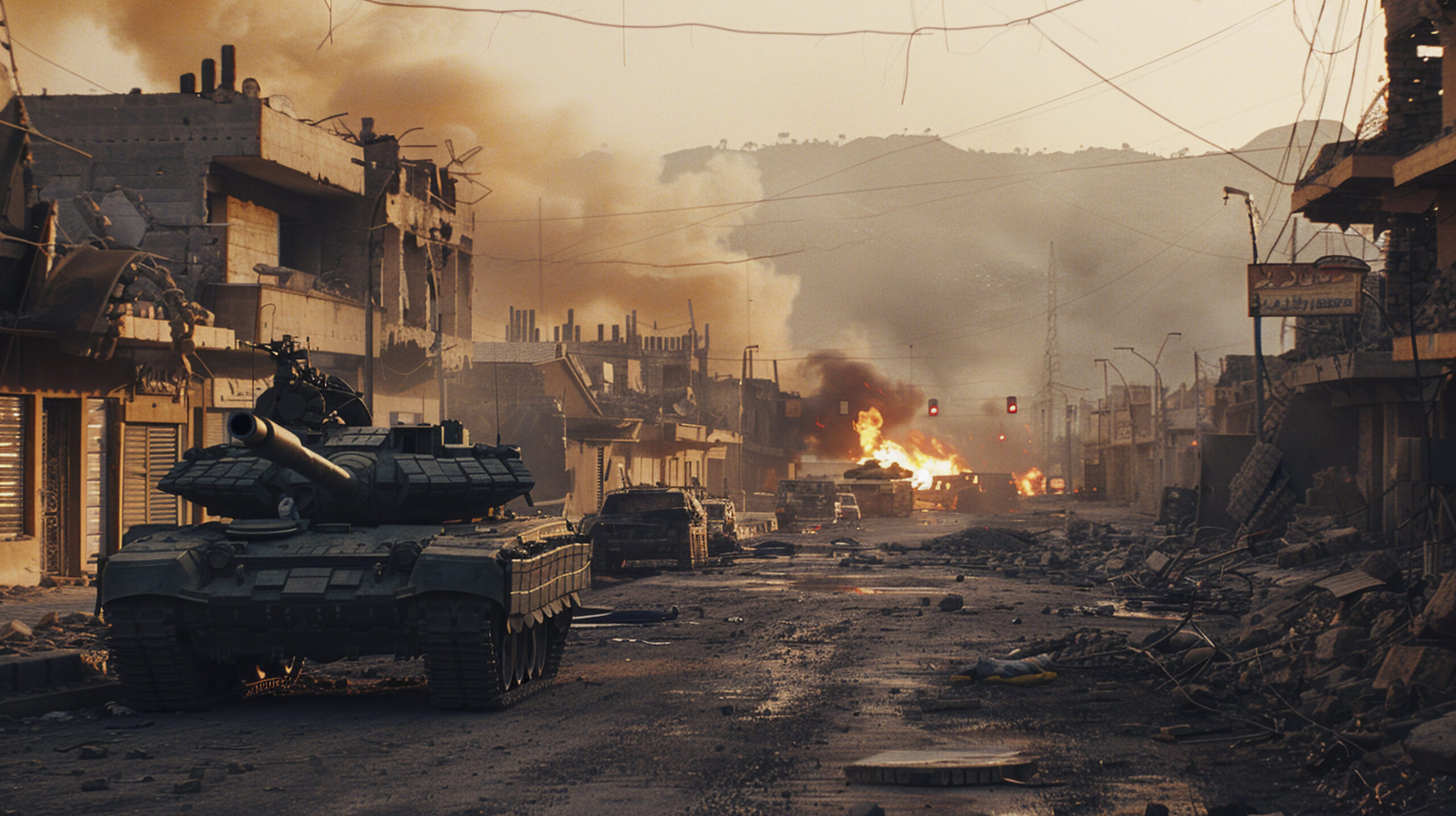
8. The Moon Landing (1969)
When astronaut Neil Armstrong stepped onto the lunar surface on July 20, 1969, it was more than a U.S. victory in the Cold War space race; it was a defining moment in human achievement. The successful Apollo 11 mission demonstrated the power of science, engineering, and international ambition. It ignited imaginations around the world and led to innovations in technology, telecommunications, and materials science. The moon landing also fostered a sense of global unity and wonder. It proved that humanity could reach beyond its earthly limitations and inspired future generations to dream, explore, and innovate. NASA’s Apollo 11 Mission
9. The Fall of the Berlin Wall (1989)
The sudden collapse of the Berlin Wall signaled the end of the Cold War and the ideological divide between communism and capitalism. For nearly three decades, the wall had symbolized oppression, surveillance, and division. Its fall not only reunited East and West Germany but also led to the dissolution of the Soviet Union and the democratization of Eastern Europe. The event marked the triumph of liberal democracy and free-market economics over authoritarian regimes. It also accelerated European integration and paved the way for the expansion of the European Union. The fall of the wall remains a powerful symbol of freedom and the resilience of human aspiration.
10. The Rise of the Internet (1990s–Present)
The rise of the internet represents one of the most revolutionary developments in human history. Initially a military research project, it has evolved into a global network that connects billions of people. The internet has transformed how we communicate, learn, work, and interact. It has created new industries, disrupted traditional media, and empowered individuals and movements worldwide. From e-commerce and social media to telemedicine and online education, the internet has become an essential part of daily life. While it raises concerns about data privacy, misinformation, and digital divides, its role in shaping the modern era is unparalleled.

Conclusion
The events that shaped the world offer a compelling look into the forces that have driven human civilization forward. Each moment—whether marked by conflict, innovation, reform, or exploration—represents a turning point that redefined our global story. Understanding these defining events helps us appreciate the complex tapestry of history and the interconnectedness of our modern world.
These ten moments remind us that change is often the result of collective effort, bold ideas, and resilience in the face of adversity. By studying the past, we equip ourselves with the knowledge and insight to navigate the challenges of the present and build a better, more informed future.

